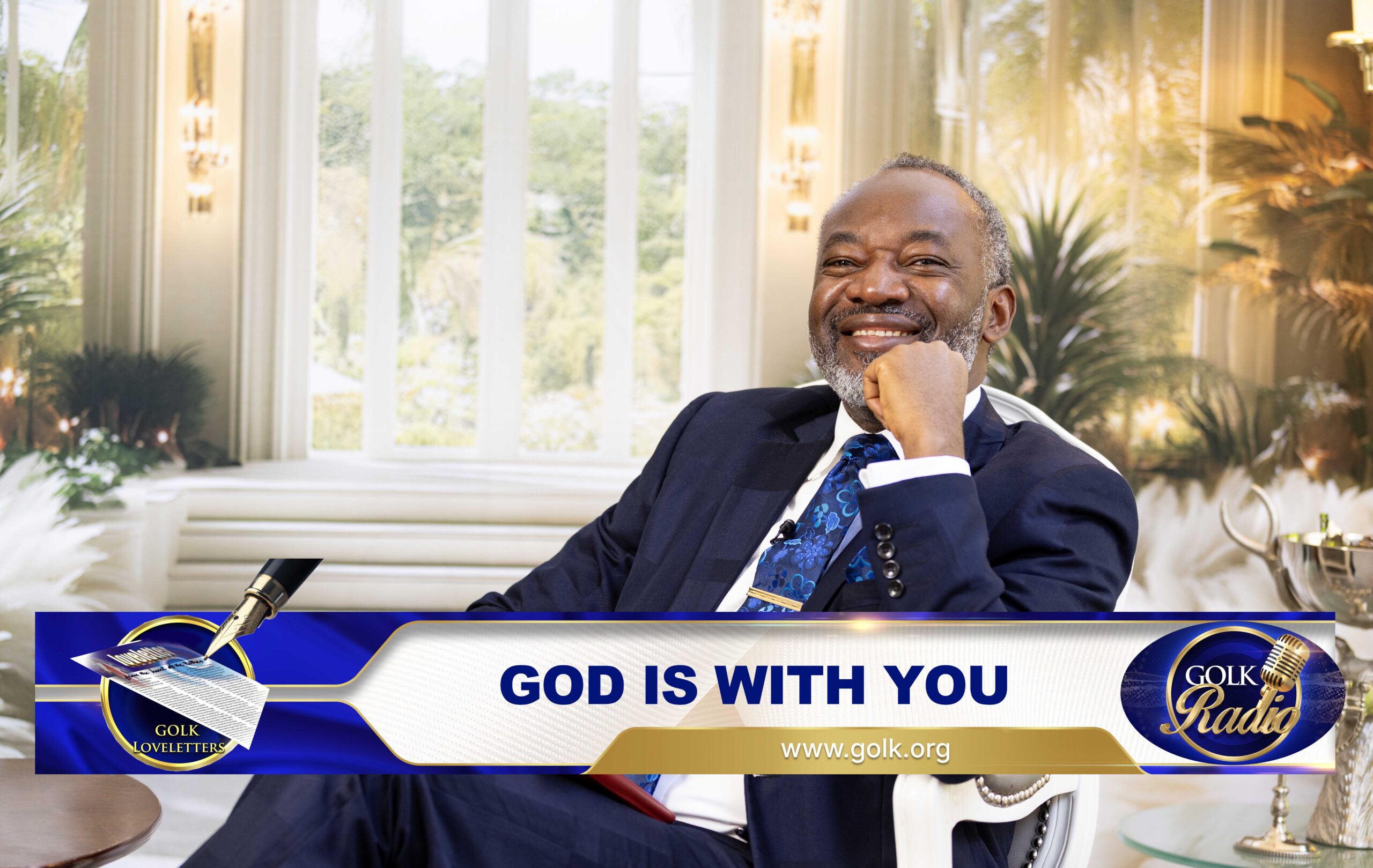God’s love is unconditional according to His grace and mercy, but also conditional in His holiness and sovereignty. Unconditional love involves total acceptance, while conditional love involves discipline. God demonstrates His love for humanity through the work of Christ.
Either conditional love or unconditional love is a humanistic psychological term and not actually found in the Bible. God’s love, as revealed in the Bible, is eternal (Psalm 136), perfect (1 John 4:16-18), unfailing (Psalm 33:5, 143:8, Exodus 15:13), and infinite (Ephesians 3:16-19). However, God’s love is often described as unconditional because humans, deep in their hearts, long to be loved and accepted without conditions or reservations. Such love and acceptance can only be given by a self-sufficient being like the deity.
There are four Greek words for love: eros (intimate love), storge (family love), philia (friendship love), and agape (unconditional love). The word agape is used to represent divine love; it is the greatest gift from God to all mankind (1 Corinthians 13 and John 3:16). It is interesting to examine further, however, whether God’s love is truly unconditional, especially when looking to other Scriptural references, even some of those said by Jesus Himself, for example:
Jesus answered and said to him, “If anyone loves Me, he will keep My word; and My Father will love him, and We will come to him and make Our home with him…” (John 14:23).
He who believes in Him is not condemned; but he who does not believe is condemned already, because he has not believed in the name of the only begotten Son of God (John 3:18).
“Now therefore, if you will indeed obey My voice and keep My covenant, then you shall be a special treasure to Me above all people; for all the earth is Mine” (Exodus 19:5).
Behold, I set before you today a blessing and a curse: the blessing, if you obey the commandments of the Lord your God which I command you today; and the curse, if you do not obey the commandments of the Lord your God, but turn aside from the way which I command you today, to go after other gods which you have not known (Deuteronomy 11:26-28).
The Lord hates these seven things: eyes that show pride, tongues that tell lies, hands that kill innocent people, hearts that plan evil things to do, feet that run to do evil, witnesses in court who tell lies, and anyone who causes family members to fight (Proverbs 6:16-19).
Many more examples can be found throughout the Bible (e.g., John 3:36, Matthew 6:14-15, Romans 1:18, Psalm 5:5) showing that God’s love can also be conditional. This means that He does not tolerate sins, wickedness, disobedience, and hostility toward Him. And it is rightly so in light of His holiness and sovereignty.
Conditional love is “earned” on the basis of certain conditions that should be met, while unconditional love is given freely and completely without expecting anything in return. Loving conditionally means to love if the object deserves the love, whereas loving unconditionally means to love despite the object being unworthy of love. As we have seen earlier the conditionality of God’s love, let us now look further to the other soul-reviving aspect of God’s love.
God’s love is unconditional, in a sense, that love is His nature (1 John 4:8, Deuteronomy 7:9) hence there is never a moment when God does not love. Everything God does is [done] out of love; even God’s anger is a holy expression of His love (Psalm 30:5, Micah 7:18). God is good and generous to everyone, regardless of their disposition toward Him (Matthew 5:45). The rejection and rebellion of humanity against God can never change the truth that God is love. In other words, God is always a God of love despite our actions and attitudes toward Him. God’s love, as described by Dr. John T. Yates, is “unconditional and unselfish concern of God, in emotion, volition, and action for man’s highest good.”
God has given humanity the best gift fully manifested in the person of Jesus Christ, so that we may know His love and have a personal relationship with Him (Romans 8:31-32). God’s plan since the beginning has been to prosper us, to protect us, and to give us purpose in this life (Jeremiah 29:11). And even more, God, in His extraordinary love, grants those who receive and believe Jesus the permanent status as the [beloved] children of God (John 1:12). What a great blessing and privilege to be compassionately loved by the Heavenly Father with the likeness of a father-child relationship (Psalm 103:13), which lasts forever. (No father or parent can ever call his child, “my ex-child”).
God’s love is unconditional according to His grace and mercy, but also conditional in His holiness and sovereignty. Unconditional love involves total acceptance, while conditional love involves discipline; both are motivated by a sincere desire to bring the greatest good to [and the best out of] the object of love. The Heavenly Father proves his love to us by a divine discipline so that we might share in His holiness (Hebrews 12:6-10).
In contrast to God’s unconditional love, human love (apart from God) is conditional: without the love of God in our hearts, we are not able to love unconditionally. The real meaning of love is clearly described in the Bible (1 Corinthians 13:4-7), however, because of fallen human nature, we struggle to grasp what love is all about because the essence of love contradicts our self-centered nature. In fact, we can love [and know what love means] because God first loved us (1 John 4:19).
Learning how to love like God has loved us is a lifetime process because God’s love is incomprehensible. Thanks be to God, He has revealed His love to humanity by sending His only begotten Son into the world that we might live through Him in the journey of loving God and loving one another (1 John 3:16, 4:7-9). Loving unconditionally starts with living unselfishly; it is a life fully dedicated to Christ (Galatians 2:20) who enables us to truly love God and each other (1 Peter 4:8).














